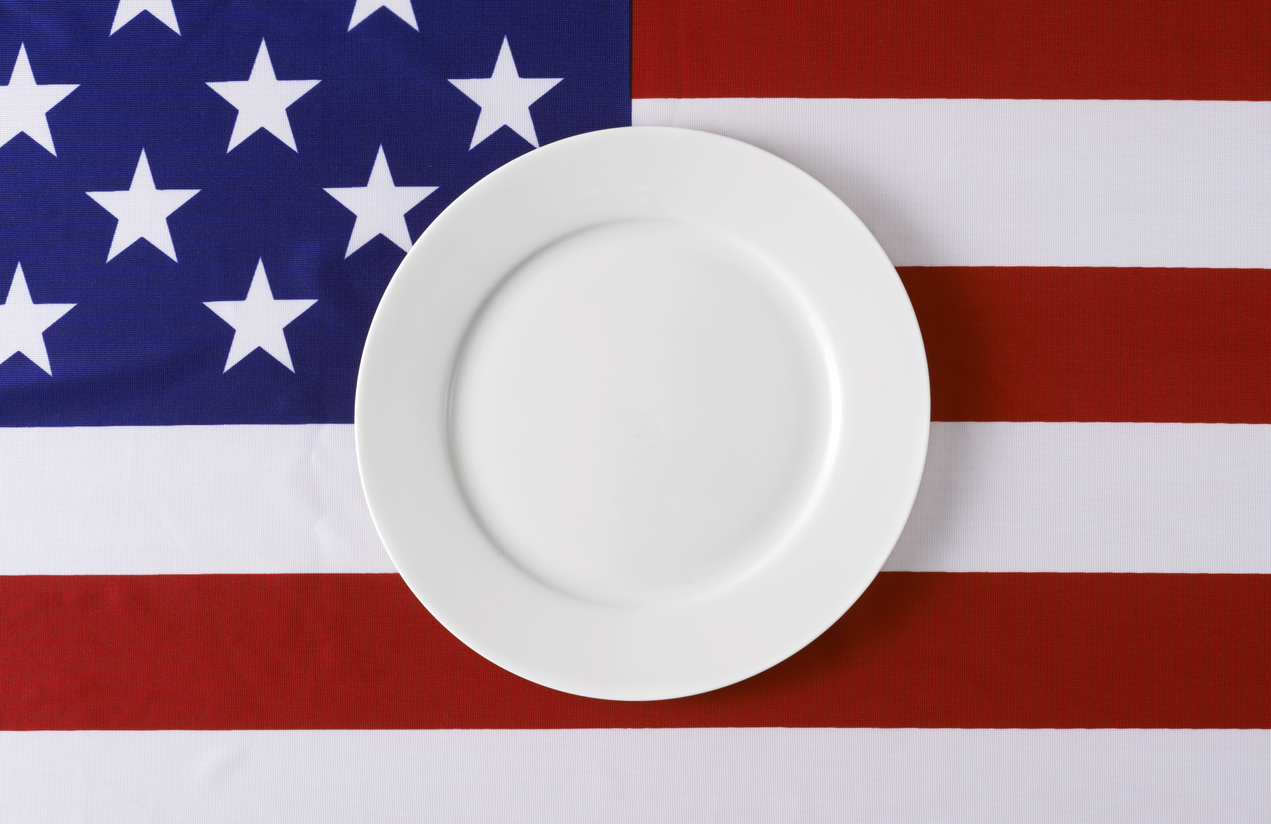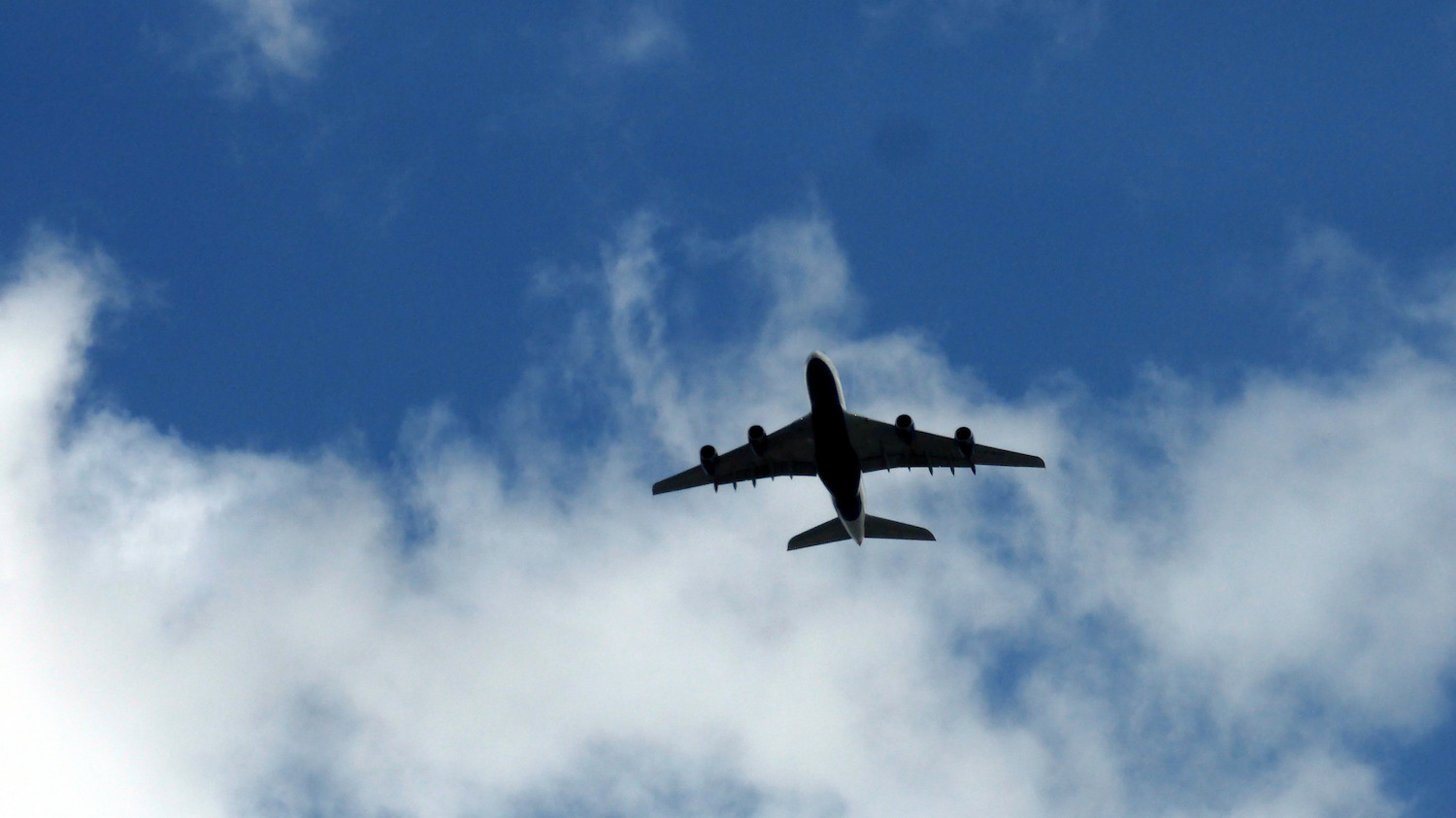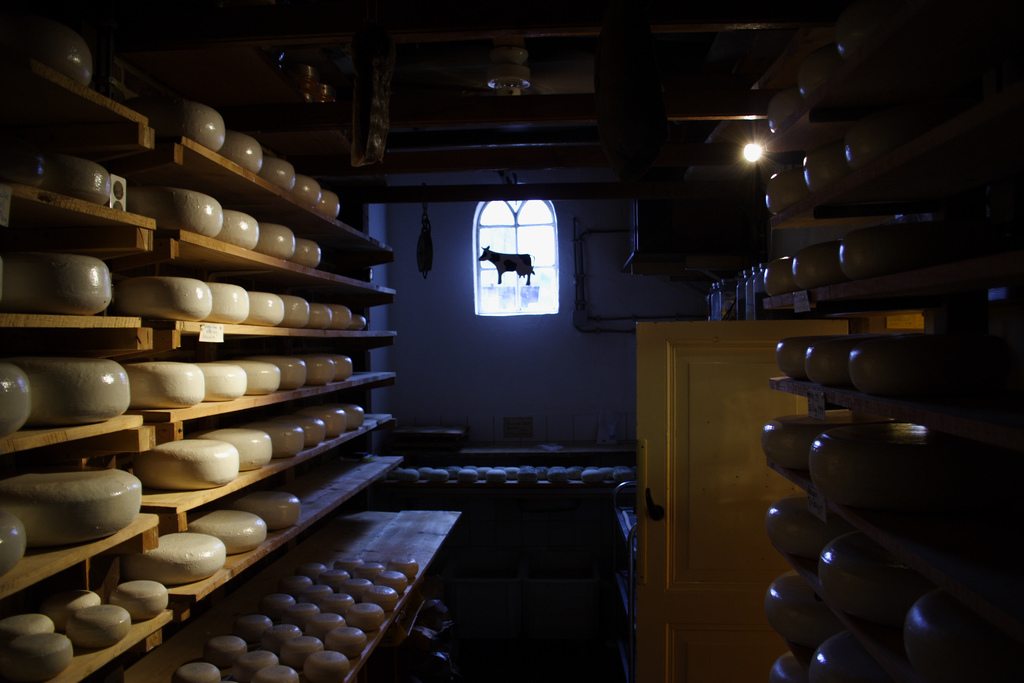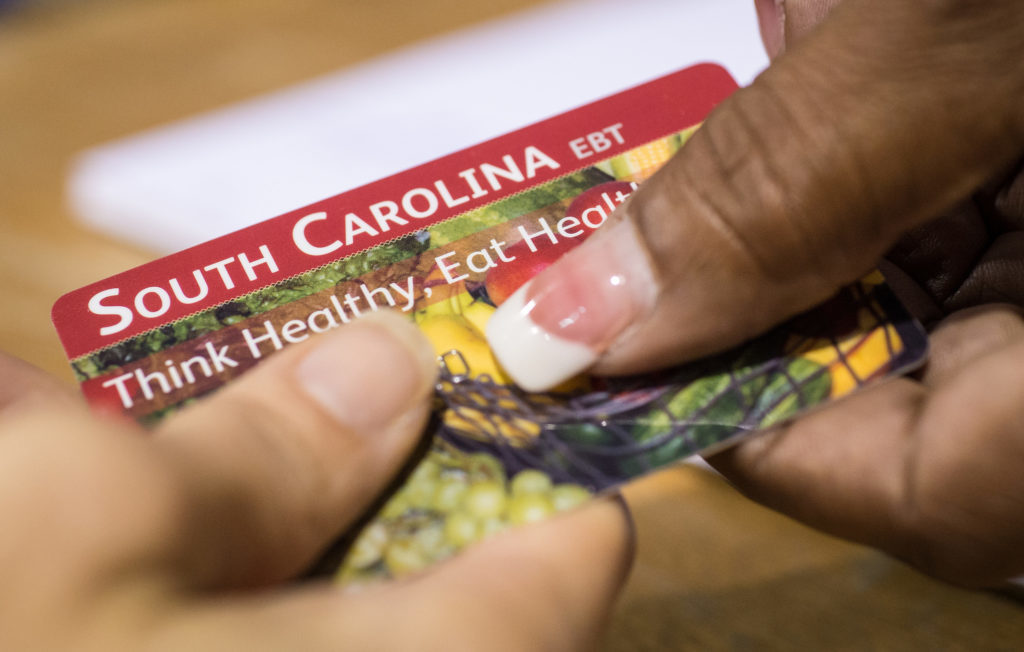Not so fast, Maine.
You might recall that, on July 5, the New England state passed historic legislation allowing municipalities to make their own regulatory decisions on locally produced food. Well, the United States Department of Agriculture (USDA) jumped in right quick—sending state officials a letter on July 6—to say the feds would take over meat and poultry inspections in thousands of state-regulated food production facilities if the new law is not amended to ensure compliance with federal law.
If you missed our initial reporting on this topic, some background: A food sovereignty law eases financial and regulatory burdens on the smallest producers, under the assumption that small-batch food sold face-to-face between neighbors should come under less scrutiny. But USDA has essentially told Maine that its “Act To Recognize Local Control Regarding Food Systems” will not actually be recognized. In other words, in its push to gain local control over food production, the state now risks stepped-up federal oversight that would actually reduce local control.
In response, Maine Governor Paul LePage has now scheduled a special emergency legislative session for November 1, the same day the food sovereignty bill (aka LD 725) would take effect. According to LePage, five state licensed facilities, 30 custom services, 51 small facilities for poultry processing, and 2,714 small retail processing facilities would suddenly fall under federal oversight if USDA has its way.
“We will not be able to continue this local food sector of the rural Maine economy by subjecting Maine farms and businesses to regulators and inspections based in Washington,” LePage wrote in a letter to the state legislature, requesting the special session.
The original legislation would have allowed individual cities and towns to make their own decisions on food that is grown or made locally. Meaning, if you want to buy eggs or granola (or raw milk!) from your neighbor, this transaction could be allowed by local authorities—no matter what state or government regulators say. But the prospect of state meat and poultry sovereignty appears to have incurred the wrath of USDA.
In the July 6 letter of concern, then-acting USDA deputy undersecretary Alfred Almanza wrote that if the food sovereignty law “is implemented as written, it’s not clear how the Maine meat and poultry inspection programs … would maintain requirements that are ‘at least equal to’ those set forth in the Federal Meat Inspection Act (FMIA).” (It’s worth pointing out that Almanza has since left the federal government—he’s gone on to become head of global food safety for the Brazilian meat company JBS, one of the largest meatpackers in the world.)
It remains to be seen how much Maine’s legislation will need to be pushed back to satisfy USDA, but some lawmakers are already concerned that the new version will be toothless. State Senator Troy Jackson (D-Allagash), who introduced the legislation, told the Bangor Daily News, that he wasn’t quite sure what the USDA is worried about, but that LePage’s letter threw him off. “I was a little shocked,” he said.
We will continue to provide updates on this story as they emerge.










